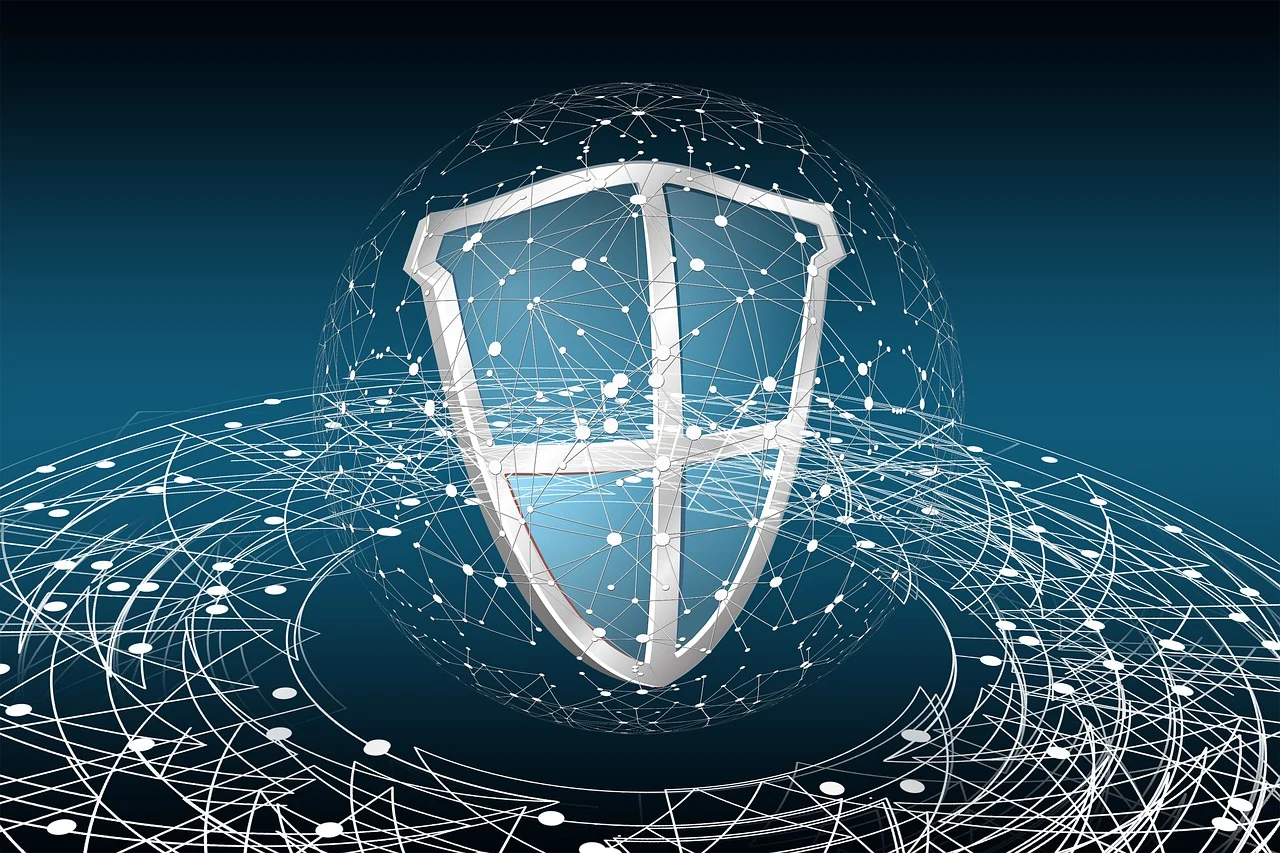Introduction
Marine cyber security is a critical aspect of the maritime industry that focuses on protecting ships, offshore platforms, and port operations from cyber threats. With the increasing reliance on technology and connectivity in the maritime sector, the risk of cyber attacks on ships has become a significant concern. This article aims to provide a comprehensive understanding of marine cyber security, including its challenges, best practices, and the importance of implementing robust cyber defense measures.
Understanding Cyber Attacks on Ships
Cyber attacks on ships refer to malicious activities aimed at exploiting vulnerabilities in maritime systems and networks. These attacks can have severe consequences, including disruption of ship operations, compromise of sensitive data, and potential harm to crew members. It is crucial for the maritime industry to be aware of the various cyber threats and take proactive measures to mitigate the risks.

Challenges in Marine Cyber Security
Marine cyber security faces several challenges due to the unique nature of the maritime industry. Ships and offshore platforms operate in remote locations, making it challenging to establish secure and reliable communication networks. Additionally, the lifespan of maritime assets is significantly longer compared to other industries, leading to outdated and vulnerable systems. The complexity of maritime operations and the involvement of multiple stakeholders further complicate the implementation of effective cyber security measures.

Best Practices for Maritime Cyber Security
To enhance marine cyber security, the following best practices should be considered:
1. Risk Assessment: Conduct regular risk assessments to identify vulnerabilities and potential cyber threats specific to the maritime environment.
2. Network Segmentation: Implement network segmentation to isolate critical systems from less secure networks, reducing the impact of a cyber attack.
3. Access Control: Implement strict access control measures to ensure that only authorized personnel can access sensitive maritime systems and data.
4. Patch Management: Regularly update and patch software and firmware to address known vulnerabilities and protect against emerging threats.
5. Employee Training: Provide comprehensive cyber security training to all personnel, including seafarers, to raise awareness and promote a culture of cyber security.
6. Incident Response Plan: Develop and regularly test an incident response plan to effectively respond to and mitigate the impact of cyber attacks.
7. Third-Party Risk Management: Assess and manage the cyber security risks associated with third-party vendors and service providers.
8. Continuous Monitoring: Implement continuous monitoring systems to detect and respond to cyber threats in real-time.
Cyber Defense in Shipping
Cyber defense in shipping involves the implementation of technical and organizational measures to protect ships and maritime infrastructure from cyber attacks. This includes the deployment of firewalls, intrusion detection systems, and encryption technologies to secure communication networks. Additionally, regular vulnerability assessments and penetration testing can help identify and address potential weaknesses in ship systems.
Cyber Incident Response in the Marine Industry
Cyber incident response in the marine industry refers to the process of effectively managing and mitigating the impact of a cyber attack. It involves the timely detection, containment, eradication, and recovery from a cyber security incident. A well-defined incident response plan, coupled with regular training and drills, is essential to minimize the disruption caused by cyber attacks.

Cyber Protection for Ships
Cyber protection for ships encompasses a range of measures aimed at safeguarding ship systems and data from cyber threats. This includes the implementation of secure communication protocols, encryption of sensitive data, and the use of secure hardware and software solutions. Regular security audits and assessments can help identify vulnerabilities and ensure the effectiveness of cyber protection measures.
Cyber Risk Management in Maritime Industry
Cyber risk management in the maritime industry involves the identification, assessment, and mitigation of cyber security risks. It encompasses the development of risk management strategies, policies, and procedures to protect maritime assets from cyber threats. Regular risk assessments, vulnerability scans, and threat intelligence sharing are essential components of effective cyber risk management.
Conclusion
Marine cyber security is a critical aspect of the maritime industry that requires proactive measures to protect ships, offshore platforms, and port operations from cyber threats. By understanding the challenges, implementing best practices, and prioritizing cyber defense, the maritime sector can enhance its resilience against cyber attacks. It is crucial for all stakeholders in the industry to collaborate and invest in robust cyber security measures to ensure the safety and security of maritime operations.






